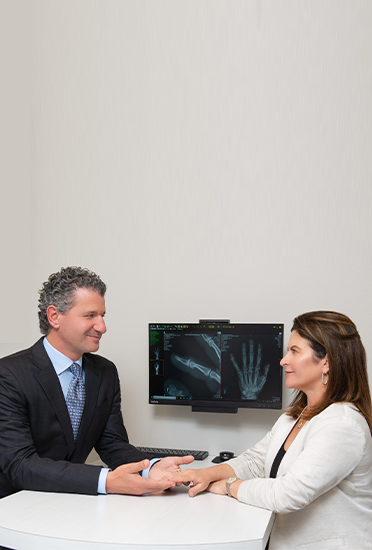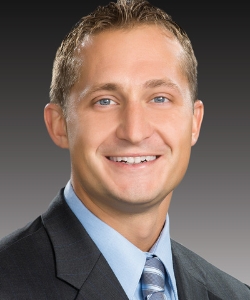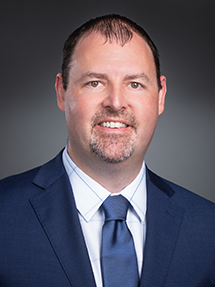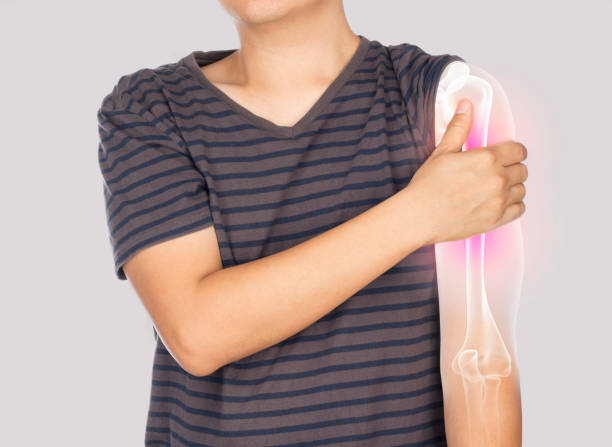Pain Medicine

Pain medicine or pain relievers treat different types of health conditions. Most of these pain killers are in the category of over-the-counter (OTC) medication. OTC drugs play a significant role in relieving pain caused by headaches, arthritis, and muscle strains among other conditions.
Prescription painkillers are taken to provide stronger relief for severe pain or chronic pain after surgery or trauma. Antidepressants, opioids, and anti-seizure are some of the medications that relieve pain. Read on to get a clear picture of how painkillers, anti-inflammatory drugs, and other similar drugs work.
What are the Pain Medications Used for?

The main function of pain relievers is to ease discomfort caused by injuries, illness, chronic conditions, and surgical procedures. Different people experience pain differently depending on their situation and their health condition.
What is certain is that pain can come on suddenly. This sudden pain is what doctors and healthcare providers refer to as acute pain. Another type of pain is chronic pain, which can last for several weeks, months, or even years.
With the availability of different types of pain killer medicines, many patients can manage their chronic pain well. Typically, pain relievers come in different categories such as:
- Analgesics
- Painkillers
- Pain medicines
- Narcotics
What are the Types of Pain Relievers?
Different types of medication for pain are available today. The best among them are those considered to be the strongest pain killers. Some of them can serve as anti-inflammatory painkillers while others can be used as ordinary pain relievers. Despite all these emerging differences, medication for pain can be classified into two major categories:
- Over the Counter (OTC): Most of these painkillers can be found in stores within your neighborhood. Examples of OTC pain relievers include Acetaminophen. Nonsteroidal anti-inflammatory drugs (NSAIDs), a combination of aspirin (an NSAID) and acetaminophen, and topical. OTC pain relieves lower fevers and relieves pain in a number of problems including tendonitis, arthritis, bursitis, broken bones, toothaches, and many others.
- Prescription: The type of medications for pain are only available with your doctor’s prescription. These prescription pain killer medicines act as stronger pain relievers for different conditions. Most of them can help you manage chronic pain or treat severe pain following knee injury treatment and trauma. Prescription painkillers consist of antidepressants, anti-seizure medications, muscle relaxers, opioids, steroids, NSAIDs, corticosteroids, and topical.
Prescription Pain Relievers

Here is a brief description of commonly used prescription pain medicines
- Corticosteroids: Are commonly known as steroids. These drugs are strong anti-inflammatory pain relievers. They work by stopping your body from producing chemicals that cause inflammation and irritation.
- Opioids: They are a lab-made type of narcotic pain reliever. Opioids alter how your brain perceives and interprets pain messages. You may take prescribed opioids for a short time following a knee injury treatment, traumatic injury, or surgery.
- Antidepressants: They usually work or react with the chemicals called neurotransmitters found in your brain. Antidepressants are ideal for chronic pain such as migraines.
- Anticonvulsants (anti-seizure medications): These are medications for epilepsy. Their main function is to interrupt pain messages from reaching your brain.
- NSAIDs: They inhibit the production of prostaglandins-hormone-like chemicals that irritate nerve endings, resulting in pain and inflammation.
- Lidocaine patches: These are prescription skin creams, sprays, gels, and patches. Lidocaine patches ease muscle pain and fibromyalgia in arthritis.
What do Prescription Pain Relievers Treat?
As mentioned above, prescription pain relievers are drugs that you can only obtain after your doctor’s prescription. These pain relievers can alleviate chronic pain caused by conditions such as:
- Migraines.
- Fibromyalgia.
- Cancer.
- Postoperative pain.
- Severe arthritis pain.
- Severe muscle pain such as back pain.
- Traumatic injuries on your body, including broken bones and burns.
- Nerve or neuropathic pain (including diabetic neuropathy).
Drugs Used to Treat Pain
Pain medicines can also serve as anti-inflammatory drugs or simply pain relievers for various conditions. These drugs relieve or reduce sore muscles, headaches, arthritis, and other types of aches including severe pains.
Different pain medicines are available today. Each one of them comes with its own advantages and risks that you need to know. On the other hand, some of these pain relievers respond better to different types of pain or conditions that cause chronic pain than others. Individuals may also respond slightly differently to these pain killer medicines.
Below is a list of medications/drugs that are related to or used in the treatment of pain:
- Gabapentin
- Tramadol
- Ibuprofen
- Acetaminophen
- Dilaudid
- Tylenol
- Oxycodone
- Hydrocodone
- Methadone
- Buprenorphine
- Percocet
- Celebrex
- Naproxen
- Diclofenac
- Paracetamol
- Ultram
- Ketorolac
- Aspirin
- Demerol
Alternative Treatments for Pain

Some people may not respond well to painkillers. Therefore, they need an alternative way to ease their pain. A lot of options are available and your doctor or caregiver can suggest some of these methods to you instead of prescribing pain relievers. Bear in mind that not all alternative treatments for chronic pain work for everyone. Some can be risky while others may fail to provide the much-needed pain relief.
For instance, some of these alternative forms of pain treatment can help with severe pain caused by backaches, headaches, and osteoarthritis. The same alternative pain treatment options may not be effective for chronic pain resulting from diabetic nerve damage, or fibromyalgia.
Check out this list of the most used forms of alternative treatment options for chronic pain:
- Acupuncture
- Use of marijuana
- Taking on regular physical exercise
- Chiropractic manipulation (spinal manipulation)
- Taking supplements and vitamins
- Visiting a therapist
- Adopting stress-reduction techniques such as relaxation therapy, hypnosis, guided imagery, massage, biofeedback, and Yoga
If you are always experiencing chronic pain, you may consider alternative treatments if painkillers don’t work for you. Make sure to integrate these non-pain relievers treatment options with a proper pain management plan for better results.
At Sforzo Dillingham-Stewart Orthopedic and Sports Medicines, you will find great assistance from experienced and knowledgeable healthcare providers. Dr. Christopher R. Sforzo, Dr. Christopher L. Dillingham, and Dr. Charles E. Stewart will provide the best possible medical solution to your chronic pain.
These doctors are board-certified orthopedic surgeons and fellowship-trained in surgeries involving different parts of the human body. The doctors are experts in the treatment of health problems that include elbows, forearms, shoulders, hands, and wrists. They also perform complex surgical operations using minimally invasive techniques like endoscopic carpal tunnel release, arthroscopic wrist procedures, arthroscopic elbow procedures, arthroscopic rotator cuff repair, and many more. Book your appointment with one of the doctors at Sforzo Dillingham-Steward Orthopedic and Sports Medicines today and learn more about the best pain relievers and their applications.
Final Thought
There is no known cure for chronic pain. However, quite a number of effective pain medications can help relieve pain to let you enjoy every moment just like other healthy people. Some of these pain relievers work perfectly well on their own, while others reduce pain significantly when taken as a combination. Make sure to work hand in hand with your healthcare provider to find the simplest long-term solution to your chronic pain. Apart from that, keep all your medical risks to a minimum in order to improve or maintain your current health status. Find more information on pain medicine by contacting doctors at Sforzo | Dillingham | Stewart Orthopedics + Sports Medicine in your free time.
























